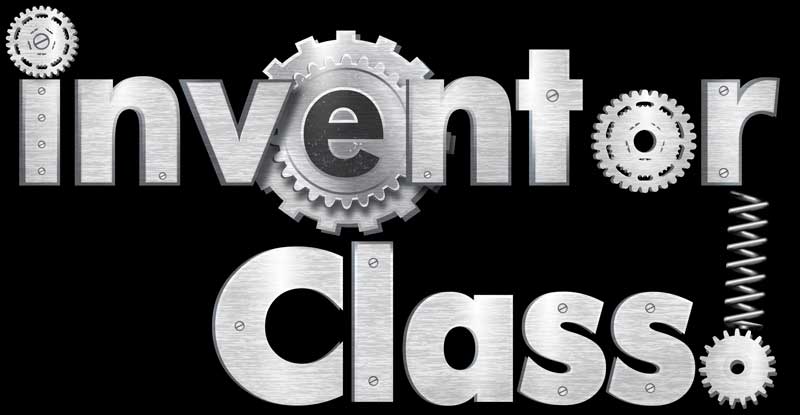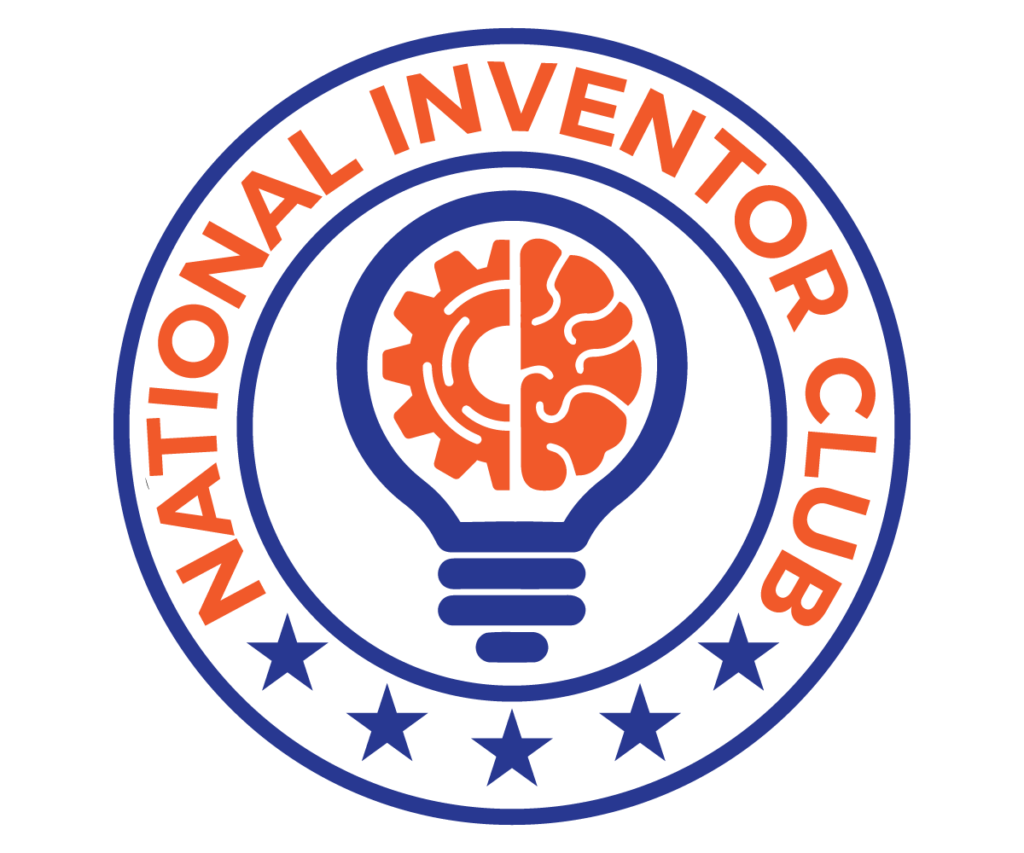Are you already an inventor or do you want to be an inventor?
What does an inventor act or think like?
When you call yourself an inventor, it can take on a whole new meaning to your life. You can live up to the title by being aware of how things work in deeper detail and this thought process can become second nature to you. According to the Merriam-Webster Dictionary, here is the definition of an inventor, “to create or produce (something useful) for the first time”. As any successful inventor will tell you, the research you do before you. Set out on your journey can help bring you closer to your goals. So let’s evaluate “you” as an inventor by answering the questions below.
Do you have an inventive mind?
Do you come up with ideas and solutions to challenges on a daily basis? Inventive minds are always seeing the next logical step that could be taken, while the rest of the world simply shrugs its shoulders and makes do with things as they are. Do you say, “This could be done differently” or “that could be improved”, “this could be modified a bit” or “that could be a big winner”? Inventive minds get excited when there is a puzzle to solve. Do you see opportunity everywhere you look? Inventive minds are positive and pro-active. They consistently ask themselves, “Why not?” when other people give up.
Do you have inventive habits? Check out these invention questionnaire
1. Are you curious?
2. Are you the kind of person who asks questions?
3. Do you find yourself wondering how things work?
4. Do you take things apart and see if they’ll go back together in a different, more efficient way?
5. Do you make notes and sketches and conduct experiments?
6. Do you like to keep track of your ideas and use your notes and sketches to fix and tweak them from time to time?
7. Do you brainstorm with others and get them excited by your ideas?
8. Is it as much fun to talk about the process as it is to work on it?
9. Do you find yourself feeling energized when you share your ideas and get input from others?
10. Are working on some idea that you’re nearly ready to talk about?
11. Have you done your due diligence?
12. Have you researched the market and compared your concept with others currently on the shelves?
13. Have you registered your patent to protect your concept?
14. Are you at the prototyping stage?
15. Have you created a sample that allows other people to see and touch your idea and believe in its possibilities as you do?
16. Do you have a design engineer who is willing and able to take your prototype and create a professional design?
17. Have you looked for opportunities to partner with a designer and take advantage of his established contacts?
18. Are you ready to go to the marketplace?
19. Have you decided whether you want to manufacture it yourself or license it to someone else and let them pay you royalties?
20. Have you registered your business and surrounded yourself with the best team to help you reach your goals?
Do you have a goal?
1. Do you want to solve problems and overcome challenges?
2. Are you driven by a desire to make the world a better place?
3. Are you searching for opportunities to beat the odds and win?
4. Do you want the personal satisfaction of a job well done?
5. Are you the kind of person who sets high goals and standards and consistently meets and surpasses them?
6. Do you want to be famous?
7. Are you looking for the recognition that comes with success?
8. Do you want to be rich?
9. Are you focused on the tangible rewards that come with high volume sales and repeat business?
Do you have what it takes to achieve success?
To take a great invention idea or concept from brain wave to prototype to marketplace, it takes more than dedication, determination and drive. To do your due diligence, to research and refine, to educate and inform, to overcome setbacks, to protect your work, to form partnerships and leverage your success takes more than perseverance and people skills.
Whether you’re inventive and imaginative; whether you brainstorm or work alone; whether you’re still thinking about taking that first step or you’re already working on your big idea, the one quality you have to have in order to succeed as an inventor is patience.







